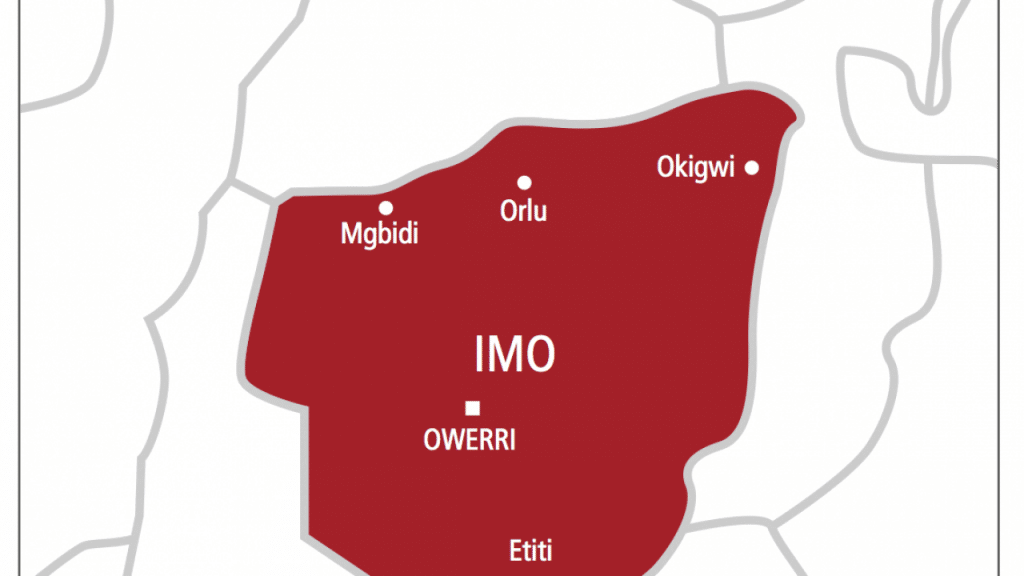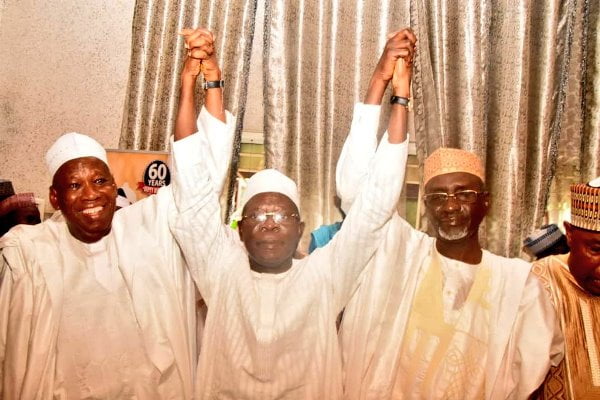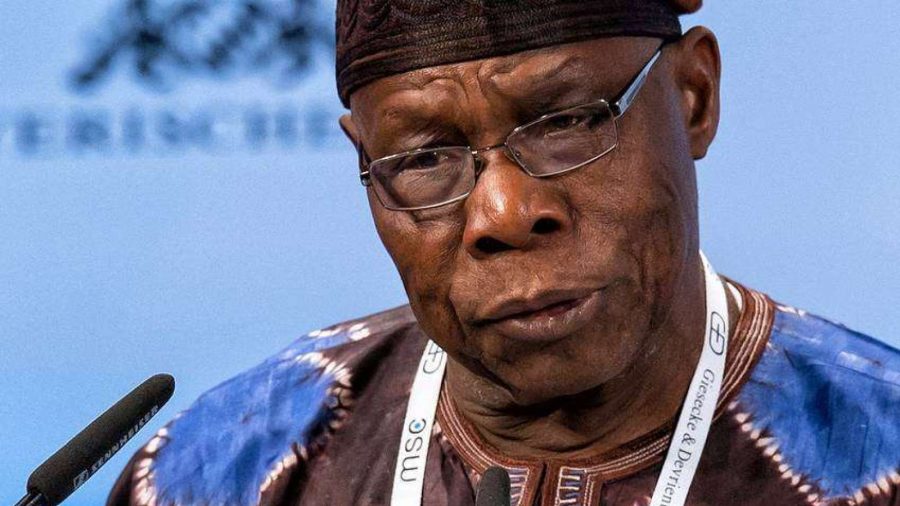The Imo State Government has announced the much-anticipated revival of the Ahiajoku festival, a historic celebration of Igbo heritage and intellectual achievement, returning after a five-year pause. The event, established in 1979, has been a central forum for promoting Igbo culture, intellectual discourse, and unity among the Igbo-speaking states. This year’s festival, themed “The Future of the Igbo Economy Amidst the Challenges of Insecurity in the Southeast: A Call for Paradigm Shift,” will engage renowned scholars, leaders, and stakeholders in discussions aimed at steering the region’s future.
Director-General of the Ahiajoku Centre, Nze Ray Emeana, expressed excitement at the return of the festival, emphasizing its importance to Igbo identity and unity. “We are thrilled to bring back this cherished cultural heritage,” said Emeana. “This year’s festival promises to be extraordinary, showcasing the best of Igbo culture, tradition, and intellectual prowess.” He further highlighted the festival’s potential to bring meaningful insights into economic development, governance, and security issues currently facing the Southeast.
Governor Hope Uzodimma has committed his administration’s full support for the revival, seeing it as a vehicle for cultural preservation, unity, and regional progress. “Ahiajoku is more than a cultural exhibition,” stated Emeana, “It’s an intellectual harvest rooted in our ancestral reverence for agriculture, knowledge, and community.”
Since its inception by former Imo State Governor Chief Samuel Onunaka Mbakwe, the Ahiajoku festival has been a hallmark of Igbo intellectual thought, featuring lectures from illustrious Igbo scholars including Prof. Bede Okigbo, Prof. Adiele Afigbo, Prof. Chinua Achebe, and many others. The event aims to rekindle that spirit, fostering a renewed pride in Igbo heritage and a commitment to the community’s future.
The 2024 Ahiajoku festival is poised to attract significant attention as it brings together thought leaders and cultural enthusiasts, affirming Imo State’s role as a beacon of Igbo culture.







2 Comments